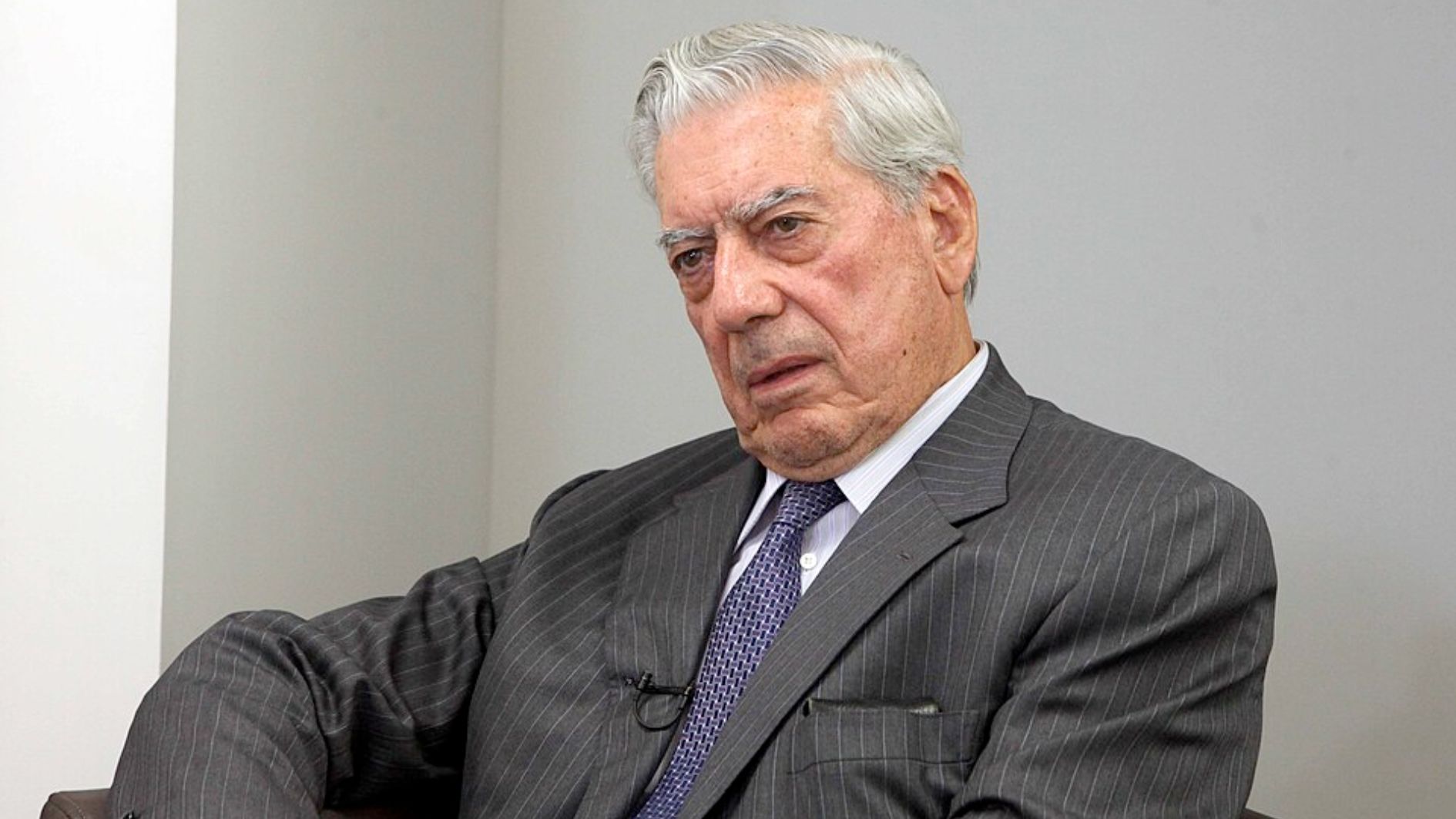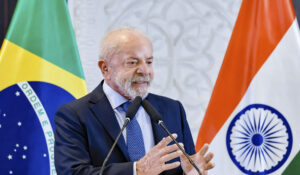
Published 14/04/2025 11:00 | Edited 14/04/2025 13:08
The writer Mario Vargas Llosa died on Sunday (13), at the age of 89, in the capital of his country, Lima, in Peru. The cause of death was not informed by the family. The president of the country, Dina Boluarte, decreed national mourning on Monday (14).
Llosa won the Nobel Prize for Literature in 2010 and, besides being known for her work, also gained notoriety as a declared right politician. In recent years, it has also shown appreciation for far right figures, such as former Brazilian President Jair Bolsonaro.
Born on March 28, 1936, in Arequipa, in 1959 he went to Paris, where he married Julia Urquidi, his aunt – this same year, published “The Heads,” his first book.
Later, he married his sister and niece of his ex-wife, Patricia Llosa, with whom she had three children and stayed for 50 years. In 2015, a new relationship with Isabel Preysler, ex-wife of singer Julio Iglesias, began.
Also read: Vargas Llosa and the false dialectic of good writer, but right -wing citizen
It gained prominence in the literary world in the so-called “Latin American boom” from the 1960s and 1970s, when several writers, who came to feature among the most consecrated of world literature, appeared to the general public with their own style of the region’s culture-among them Julio Cortázar, Gabriel Garcia Marquez and Juan Rulfo.
Among his books are also “Cathedral Conversation”, “The City and the Dogs”. One of them, “Pantaleão and the Visitors”, became a film in 2000, directed by the Peruvian Francisco Lombardi. In 2010, he received Nobel for his work, among other prizes raised throughout his career.
Although he started his political life flirting with the left, he soon converted to the right. In 1990, when he was already in this political spectrum, he was a candidate for Peruvian president and lost to someone even more right, Alberto Fujimori, who although elected, became a dictator.
In 2021, Vargas Llosa declared a vote on Fujimori’s daughter, Keiko, far right – the election was then won by Pedro Castilho, from the left. In the same year, he supported José Antonio Kast in Chile, which was won by Gabriel Boric.
Another losing bet was made in 2019, when he positioned himself in favor of Maurício Macri against Alberto Fernandez, who was victorious from the Argentine election. And in 2022, he saw his favorite, Jair Bolsonaro, to lose to Lula.
A few years ago, amid the movement of me – which began to denounce abuses suffered by women in the US – stated that “today, feminism is the greatest enemy in literature.”
Although the cause of death has not been disclosed, it is known that the writer has been weakened in recent years, especially after contracting Covid-19 twice, in 2022 and 23, when he lived in Madrid. Already weakened, he returned to his country in 2024.
With agencies
Source: vermelho.org.br

